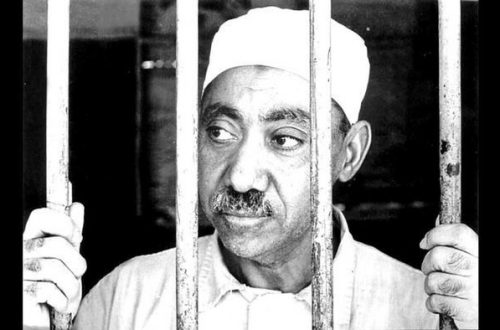Writing for Foreign Policy magazine, Charles Kurzman and Ijlal Naqvi make the case that when people in majority-Muslim countries have a chance to vote in reasonably free and fair elections, they tend overwhelmingly to reject Islamic parties.
Over the past 40 years, 86 parliamentary elections in 20 countries have included one or more Islamic parties, according to annual reports from the Inter-Parliamentary Union. Voters in these places have overwhelmingly turned up their noses at such parties. Eighty percent of these Islamic parties earned less than 20 percent of the vote, and a majority got less than 10 percent — hardly landslide victories. The same is true even over the last few years, with numbers barely changing since 2001.
True, Islamic parties have won a few well-publicized breakthrough victories, such as in Algeria in 1991 and Palestine in 2006. But far more often, Islamic parties tend to do very poorly. What’s more, the more free and fair an election is, the worse the Islamic parties do. By our calculations, the average percentage of seats won by Islamic parties in relatively free elections is 10 points lower than in less free ones.
Even if they don’t win, Islamic parties often find themselves liberalized by the electoral process. We found that Islamic party platforms are less likely to focus on sharia law or armed jihad in freer elections and more likely to uphold democracy and women’s rights. And even in more authoritarian countries, Islamic party platforms have shifted over the course of multiple elections toward more liberal positions: Morocco’s Justice and Development Party and Jordan’s Islamic Action Front both stripped sharia law from their platforms over the last several years.
Kurzman and Naqvi argue that when governments try to exclude Islamic parties from the political process, they tend to become more radicalized. When these parties have to compete for votes on issues affecting people’s actual lives, they tend to become more moderate.
As we reported, Islamic parties lost half their support last year in elections in Indonesia, the world’s largest Muslim-majority nation.
It’s worth recalling that in the 2006 Palestinian legislative elections won by Hamas, the result was as much (or more) a rejection of the corrupt and incompetent leadership of Fatah than an endorsement of Hamas’s Islamist ideology. In view of the events since that election, it would be most interesting to see how Hamas would do now in a free and fair election– especially in Gaza. Unfortunately it’s unlikely we’ll have a chance to find out anytime soon.


